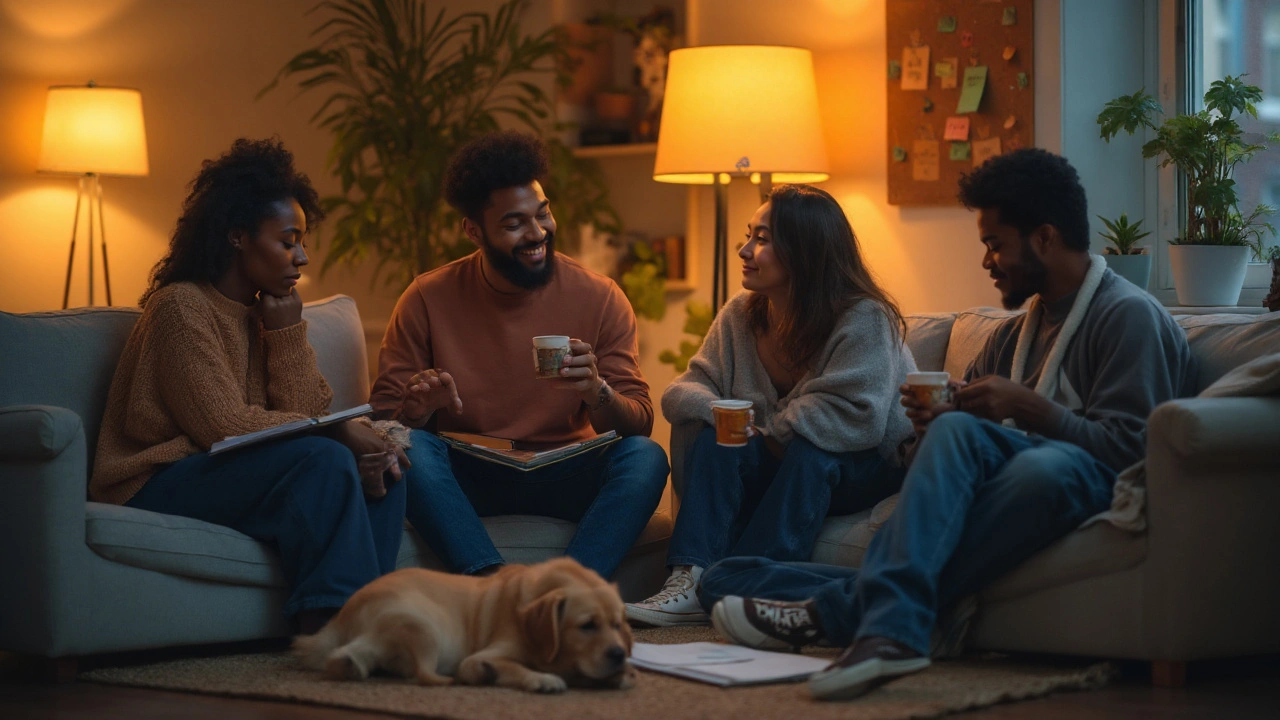Dating Apps Effects: How They Change Your Love Life
Dating apps change how people meet, flirt, and commit. You can meet more people fast, but that speed brings new problems: choice overload, ghosting, and quick judgments based on photos. This page explains the real effects of dating apps and gives simple ways to use them without losing your head.
First, the good stuff. Apps make meeting people easier if you have a busy life or live alone. You can filter for shared interests, chat before meeting, and try different apps for different goals—casual, serious, or niche. Many people who used apps find partners they wouldn’t have met otherwise.
Now the trade-offs. Swiping trains your brain to scan and discard quickly. That can make real-life dating feel slower and less exciting. Seeing endless options also raises expectations: you might hold out for a perfect match and skip good people. Apps can also harm self-esteem when matches and messages don’t come. And scams are real—fake profiles and requests for money still happen.
Mental health gets hit in specific ways. Frequent rejection or silence after a good convo creates stress. Comparing your profile to others’ highlight reels fuels insecurity. But mindful use can reduce that damage: set time limits, take breaks, and remember profiles don’t show real life.
Practical habits that help
Limit app time to avoid burn-out—try 20 minutes a day or one evening a week for serious browsing. Make a clear profile goal: are you dating casually, looking for long-term, or making friends? Pick one and stick to it when choosing who to message. Use voice or video calls before meeting in person; they cut down catfishing and save time.
Write messages that invite a reply—ask about a photo or a hobby instead of saying "Hey." If someone ghosts, resist replaying the conversation in your head. Close that chat mentally and move on. Block and report suspicious people immediately. Trust your instincts if someone asks for money, private photos, or location details too soon.
How dating apps affect relationships
Couples who meet on apps face different pressure: expectations set by endless options can make commitment feel risky. But relationships born online can be as strong as offline ones when partners communicate about boundaries and app use. Talk early about what each of you expects from dating apps: will you deactivate after exclusivity? Are casual chats okay? Clear rules reduce jealousy.
If you want stats or deeper tips, check guides on avoiding catfishing and spotting scams. Read about real app costs before subscribing to premium plans. Use a reverse image search on profiles that seem too perfect. Small checks save hours and prevent heartbreak or money loss. Protect your time and feelings first. Stay curious, not desperate. Always.
Finally, use apps as a tool, not the whole strategy. Balance online searching with real-life ways to meet people—classes, friends’ gatherings, or volunteering. Remember: apps widen the field, but you still decide who fits your life. Small habits—consistent intentions, time limits, and safety checks—make dating apps work for you, not against you.

Dating and Mental Health: What Helps, What Hurts, How to Protect Yourself
A clear, people-first guide to how dating affects mental health-good and bad-plus practical steps, checklists, and FAQs to date without burning out.
Read More